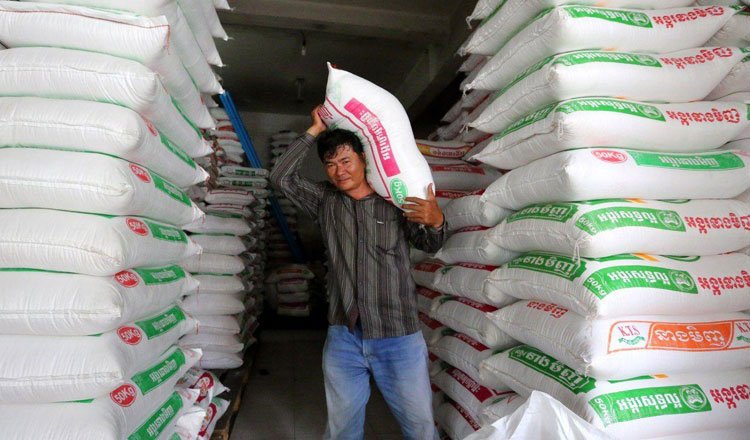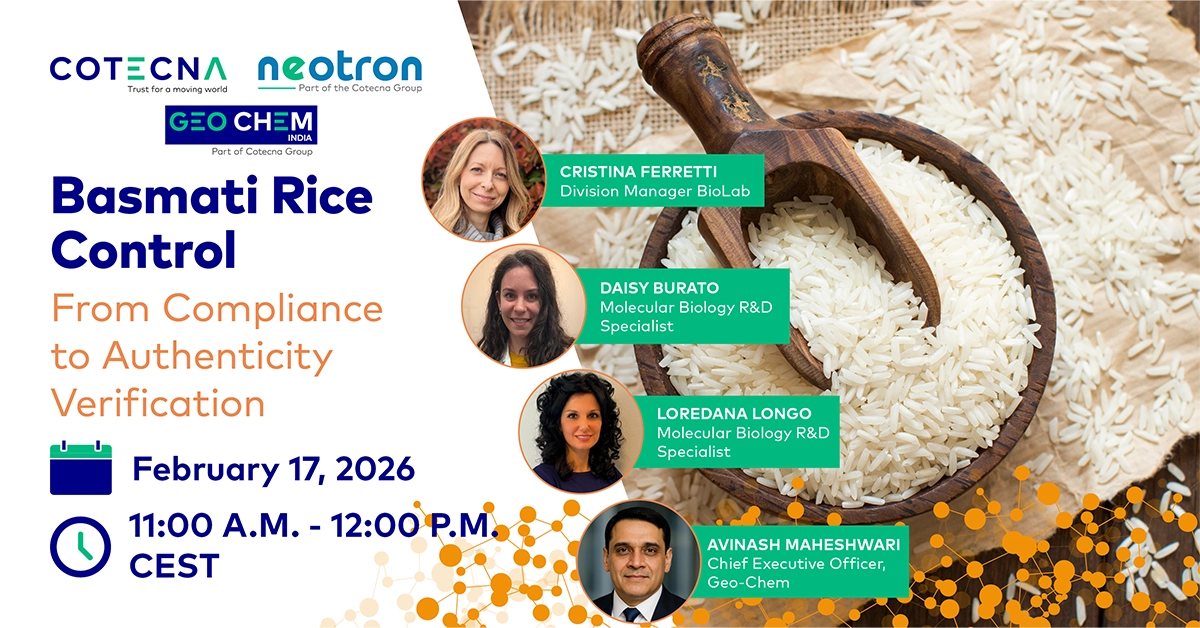Tags
Govt financing boosts rice production to 13 million tones
Sum Manet / Khmer Times.

The Royal Government’s financing to stabilize agricultural prices and support farmers’ livelihoods has been highly effective, increasing rice production from 9 million tonnes in 2016 to over 13 million tonnes in 2024, according to Kao Thach, the Royal Government Delegate in Charge and CEO of the Agricultural and Rural Development Bank (ARDB).
The effectiveness of the government’s financing was discussed during an interview Thach granted to reporters on Tuesday. The discussion focused on the Royal Government’s special fund aimed at developing the agricultural sector, particularly the rice industry.
During the interview, when asked how the government’s special capital investment has benefited the agricultural sector, Thach explained that ARDB, as a policy-driven bank, has played a crucial role in effectively supporting agricultural development.
He noted that since 2016, both rice production and rice prices in Cambodia have remained stable and have shown continuous growth. Rice production increased from over 9 million tonnes in 2016 to more than 13 million tonnes in 2024.
“The rapid growth in rice production in recent years demonstrates the effectiveness of the government’s financial support in stabilizing prices and improving farmers’ livelihoods.
“If rice prices were unstable or declining, Cambodian farmers would not have continued increasing their production year after year,” he said.
Thach further emphasized that if rice were cheap and difficult to sell, farmers would likely abandon farming and seek employment in cities or abroad. As a result, rice production would have declined rather than increased—from over 9 million tonnes in 2016 to potentially less than 9 million tonnes today, he added.
Thach attributed this growth to two main factors: advancements in the agricultural sector and improved profitability for rice farmers. Higher profits have encouraged farmers to continue working hard, leading to increased rice production.
“In simple terms, if farmers were losing money, they wouldn’t keep farming,” he stated. He also highlighted that this positive trend extends beyond rice, benefiting other crops such as cashews, cassava, and rubber, as well as livestock farming, aquaculture, and the vegetable and fruit sectors, all of which have experienced significant growth compared to 2016.
To address the growing concerns of farmers across the Kingdom about the drop in rice prices, the Royal Government increased the allocation to $150 million for rice millers to purchase paddy from farmers, up from $30 million announced recently.
Prime Minister Hun Manet, while inaugurating various projects in Bun Rany Senchey Damnak Trayoeung village in Prongil commune, Phnom Kravanh district, Pursat province in January, stated that with the decision to increase the allocation to $150 million, the government aims to ensure the continued purchase of rice from farmers.
“We have a credit guarantee strategy for the rice sector, with an amount of $30 million […], which has now been increased to $150 million to ensure that rice mills purchase paddy from farmers at a stable price,” Mr Hun Manet said.
As of December 2024, the government-funded ARDB had provided nearly $500 million in loans to support all actors in the agricultural and agro-industrial production chain, according to a report from ARDB. Of this total, loans in the rice sector accounted for the largest proportion—approximately 42.3 percent of the portfolio.
It was worth noting that ARDB, a commercial and policy bank, is financed by the Royal Government of Cambodia under a special financing program designed to support all actors in the agricultural and agro-industrial production chain.
The program provides low-interest financing as both investment and working capital to enterprises, including small and medium-sized enterprises involved in rice, vegetables, fruits, animal husbandry, and aquaculture.
Over the past 26 years, ARDB has undergone significant reforms, including transforming its business operations from a specialized bank to a commercial bank in 2019. These reforms also encompass enhancing corporate governance, restructuring, strengthening and developing staff capacity, and modernizing technology systems.
https://www.khmertimeskh.com/501635205/govt-financing-boosts-rice-production-to-13-million-tonnes/Published Date: February 5, 2025







